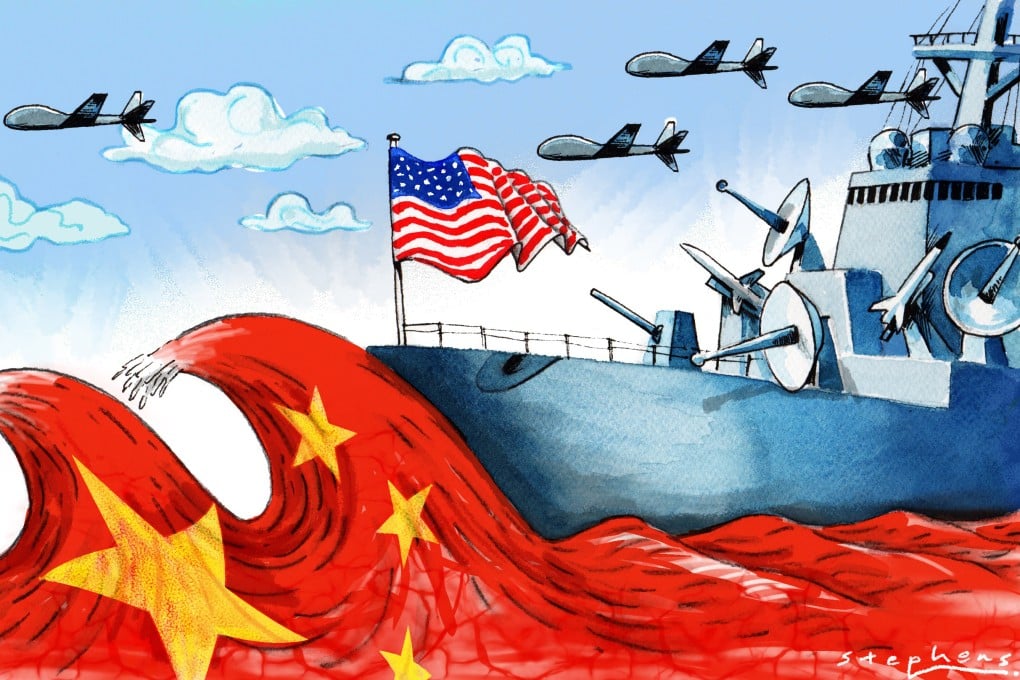Advertisement
Opinion | Rights and wrongs of US-China dispute over the Taiwan Strait
- China is correct that the Taiwan Strait is not ‘international waters’. And the US is right that warships and warplanes have the right to pass through
- But for the US, exercising that right is a political decision and complicates the issue of the status of Taiwan and the one-China policy
Reading Time:4 minutes
Why you can trust SCMP
96

The media has played up China’s sovereignty claim over the Taiwan Strait, with some painting it as an ominous warning to the US and a gross violation of the international order. But this misinterprets what Beijing said and meant. The United States insists the Taiwan Strait is an “international waterway” through which it has navigation rights. Both are partially right – and partially wrong.
Specifically, China’s Foreign Ministry spokesman Wang Wenbin said the strait fell within China’s territorial waters and exclusive economic zone (EEZ) as defined by the United Nations Convention on the Law of the Sea (UNCLOS) and domestic law.
“There is no such thing as ‘international waters’ in UNCLOS,” he said, adding that “relevant countries claim that the Taiwan Strait is in international waters with the aim to manipulate the Taiwan question and threaten China’s sovereignty”.
Advertisement
US State Department spokesman Ned Price insisted that the “Taiwan Strait is an international waterway, an area where high seas freedoms, including freedom of navigation and overflight, are guaranteed under international law.”
Yet neither “international waters” nor “international waterway” appear in UNCLOS, the foundation of the international order in the oceans. There is no such legal entity as “international waters”. This is a US navy invention to connote waters in which they have “freedom of navigation”.
Advertisement
International waterways include straits that connect two areas of high seas. In such waterways, ships have a right of passage.
Advertisement
Select Voice
Select Speed
1.00x
